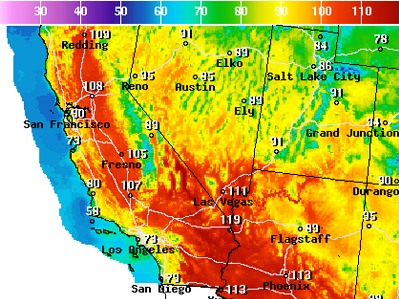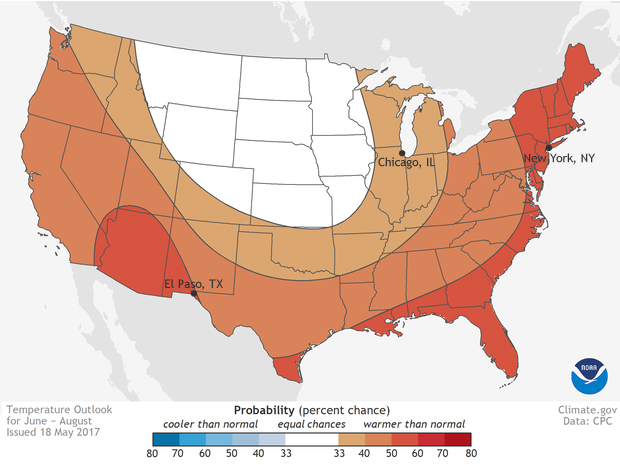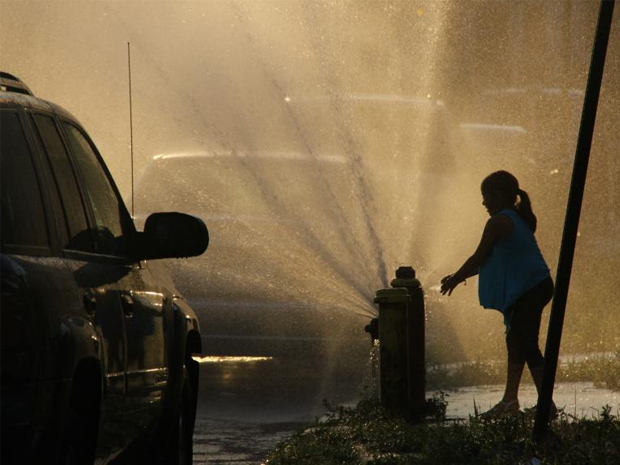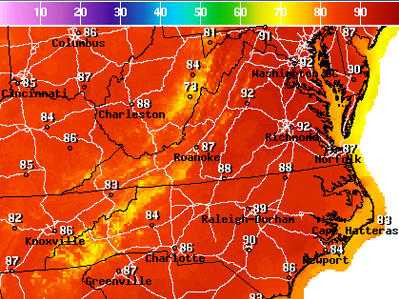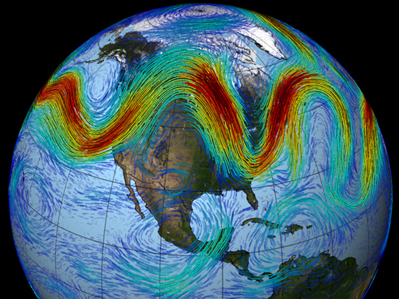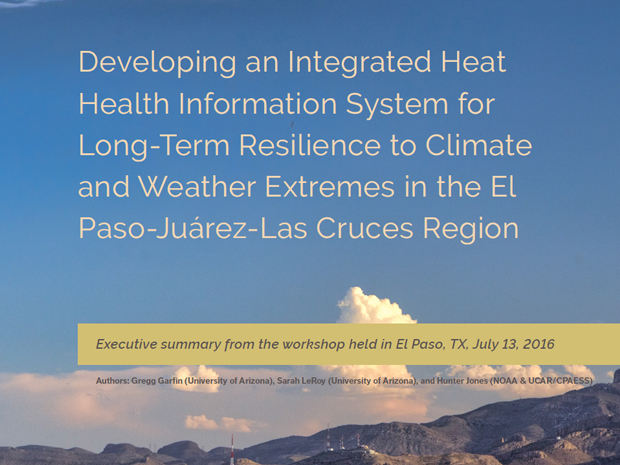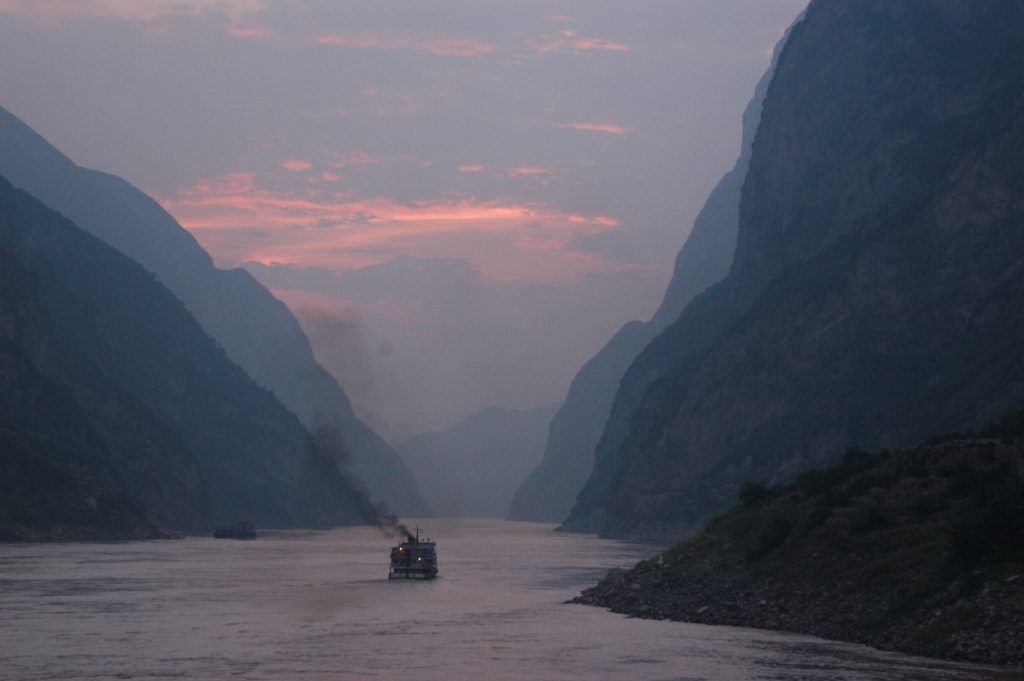LA Times: When it comes to Southern California’s heat wave, the worst is yet to come
Firefighters labored in scorching heat Sunday against five separate brush fires across Southern California as forecasters warned of more triple-digit temperatures in inland communities.
The punishing heat wave broke records on Sunday in Lancaster, Palmdale and Sandberg, which saw highs of 108, 108 and 99 degrees, respectively. With a dry, high-pressure system parked over the Southwest, temperatures are expected to keep climbing through midweek, according to the National Weather Service.
LA Times: When it comes to Southern California’s heat wave, the worst is yet to come Read More »



